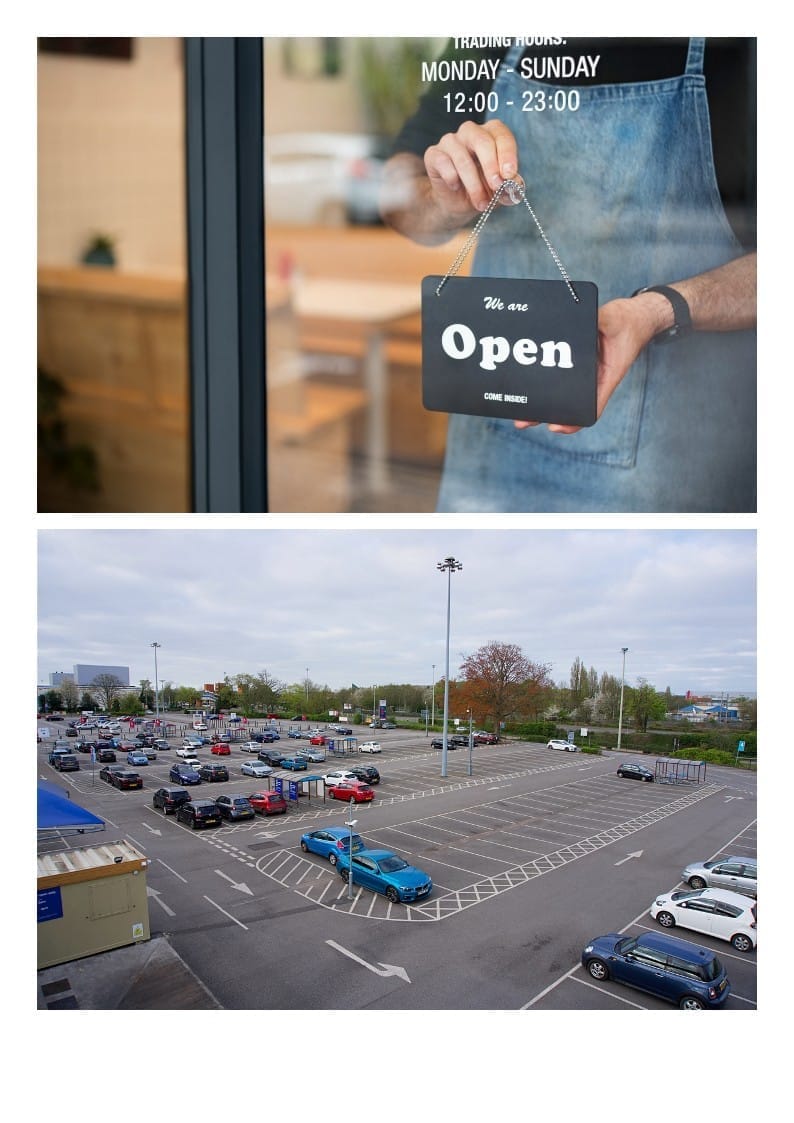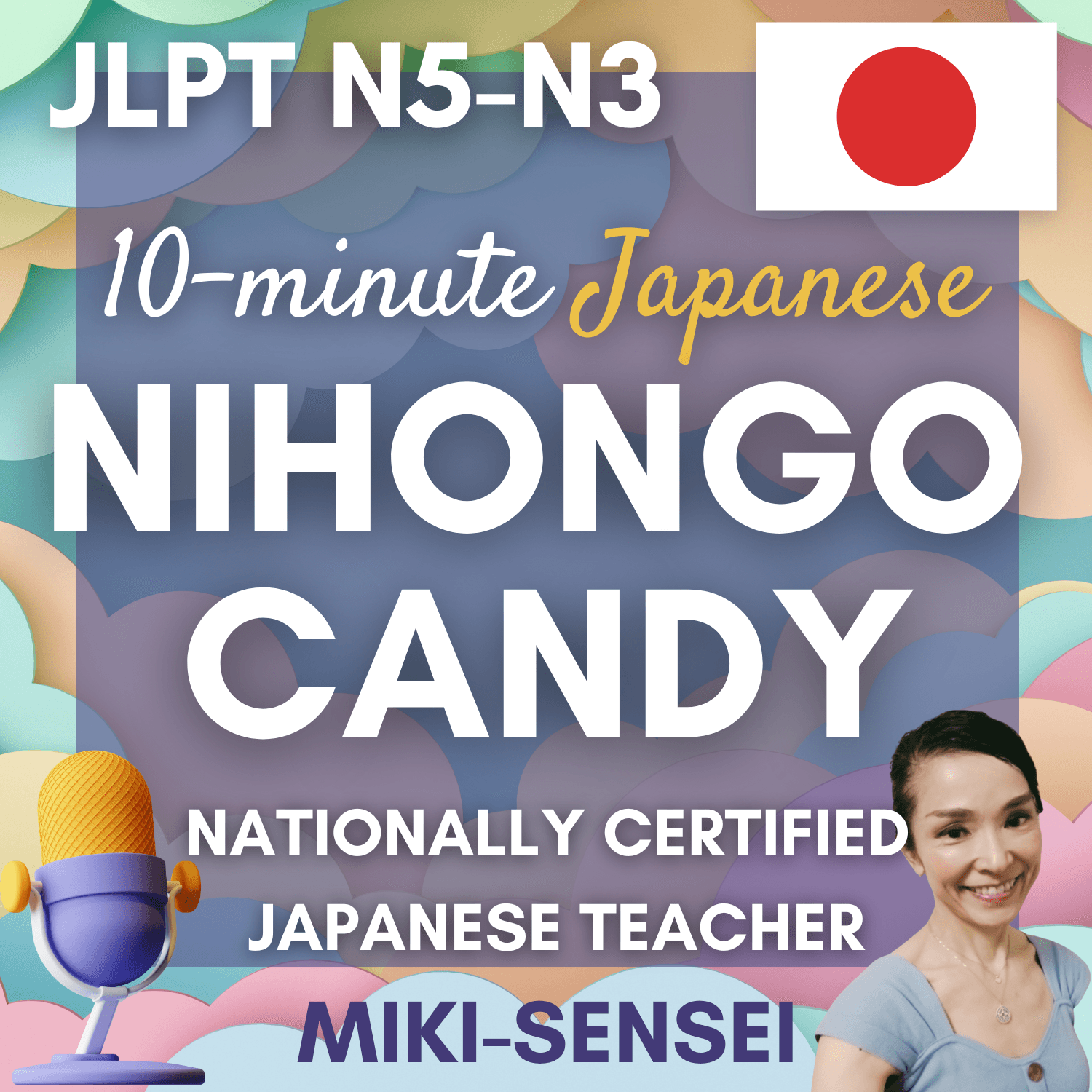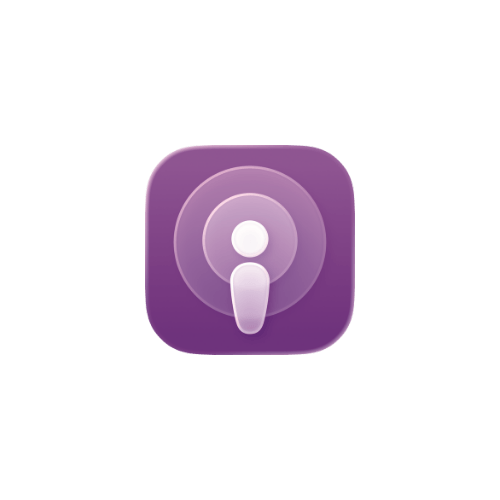
【 Podcast NIHONGO CANDY #117 】Two Meanings of あくaku - 開く・空く \/ open, empty

Introduction
Today we're exploring the two different verbs that are both pronounced "aku" - one written with the kanji for "open" and the other with the kanji for "empty."
These verbs mean "to open" and "to become empty or available" respectively, and understanding the difference is crucial for natural Japanese communication.
Many learners confuse these with the transitive verb「開ける」(akeru), so we'll also clarify when to use each one.
By the end of this episode, you'll confidently use these verbs in everyday situations like asking if a store is open or checking if seats are available.
Section 1: Two Different Meanings of あく
Let's start by understanding the two different meanings of the pronunciation "aku" and how they're written.
The first verb, written with the kanji for "open," means "to open" or "to become open." This is an intransitive verb, which means the action happens by itself without someone actively doing it. For example,「ドアが開く」(doa ga aku) means "the door opens." This verb describes when something goes from a closed state to an open state.
The second verb, written with the kanji for "empty," means "to become empty," "to become available," or "to have space." This is also an intransitive verb. For example,「席が空く」(seki ga aku) means "a seat becomes available." This verb describes when something goes from being occupied or full to being empty or available.
Section 2: Important Distinction - The Two Aku Verbs vs 開ける
These two different aku verbs are both intransitive verbs, which means they don't take a direct object. Many learners confuse the aku verb meaning "to open" with「開ける」(akeru). The difference is crucial: the aku verb describes things that open by themselves, while「開ける」describes someone actively opening something.
For example, "I open the window" is「窓を開けます」(mado wo akemasu), but "the window is open" is「窓が開いています」(mado ga aite imasu). Remember: if someone is actively doing the opening, use「開ける」. If you're describing the state of being open, use the aku verb meaning "to open."
Section 3: Using the Aku Verb Meaning "To Open"
Let's explore how to use the aku verb meaning "to open" with practical examples, especially in the continuous form「開いている」.
The most useful pattern is「開いている」(aite iru) meaning "is open" or "is opened." This describes the current state of something being open. For example,「お店が開いています」(omise ga aite imasu) means "the store is open."
One of the most practical questions you can ask is「今、あの店開いてる?」(ima, ano mise aiteru?) meaning "Is that store open now?" This casual form is perfect for asking friends about store hours or checking if places are currently open for business.
You might also ask「病院は何時まで開いていますか」(byouin wa nanji made aite imasu ka) meaning "Until what time is the hospital open?"
The opposite state is「閉まっている」(shimatte iru) meaning "is closed." For example,「そのレストランは月曜日は閉まっています」(sono resutoran wa getsuyoubi wa shimatte imasu) means "That restaurant is closed on Mondays."
Section 4: Using the Aku Verb Meaning "To Become Empty"
Now let's learn how to use the other aku verb - the one meaning "to become empty" - with practical examples, focusing on the continuous form「空いている」.
The pattern「空いている」(aite iru) means "is empty," "is available," or "is free." This is extremely useful for checking availability of seats, parking spaces, or time slots.
One of the most common situations is checking for available seats. You can ask「席は空いていますか」(seki wa aite imasu ka) meaning "Are there any seats available?" In restaurants, you might hear the staff say「今、空いているお席がございません」(ima, aite iru oseki ga gozaimasen) meaning "We don't have any available tables right now."
For parking, you can say「この駐車場はいつも空いています」(kono chuushajou wa itsumo aite imasu) meaning "This parking lot always has space."
When talking about schedules and time, you can say「明日の2時から4時まで、空いています」(ashita no niji kara yoji made, aite imasu) meaning "I'm free from 2 to 4 o'clock tomorrow." You might also ask「土曜日の午前中、空いてる?」(doyoubi no gozenchu, aiteru?) meaning "Are you free Saturday morning?"
The opposite state is「埋まっている」(umatte iru) meaning "is full" or "is occupied." For example,「予約で埋まっています」(yoyaku de umatte imasu) means "it's fully booked."
Section 5: Practice Exercises
"Is the supermarket still open?"
「スーパーはまだ開いていますか。」
(Suupaa wa mada aite imasu ka.)
"There are no available reserved seats on the shinkansen."
「新幹線の指定席が空いていません。」
(Shinkansen no shiteiseki ga aite imasen.)
"Are you free after 3 o'clock on Tuesday?"
「火曜日の3時以降、空いていますか。」
(Kayoubi no sanji ikou, aite imasu ka.)
Closing
今日本では、人が住んでいなくて、何年もそのままになっている家、空き家 が増えています。(Kyoo no ressun wa koko made desu. Ima Nihon de wa, hito ga sunde inakute, nannen mo sono mama ni natte iru ie, akiya ga fuete imasu.)
空き家が増えると、いろいろな問題が起きるので、空き家問題 は、社会問題のひとつになっています。(Akiya ga fueru to, iroiro na mondai ga okiru no de, akiya mondai wa, shakai mondai no hitotsu ni natte imasu.)
空き家は、たいてい、とても安いです。(Akiya wa, taitei, totemo yasui desu.)
今、世界のいろいろな国で、家の値段が上がっているので、日本に来て、空き家を買って、住み始める外国人もいます。(Ima, sekai no iroiro na kuni de, ie no nedan ga agatte iru no de, Nihon ni kite, akiya wo katte, sumi hajimeru gaikokujin mo imasu.)

Our Weekly Podcast
Practicality first! A weekly podcast that helps you master useful expressions and vocabulary you can start using in everyday conversations right away. Follow and listen, and you’ll find the dots connecting—your conversation skills will naturally improve.
BLOG CATEGORY
WELC Language Services - Copyright 2025 | TERMS of SERVICE | PRIVACY POLICY



